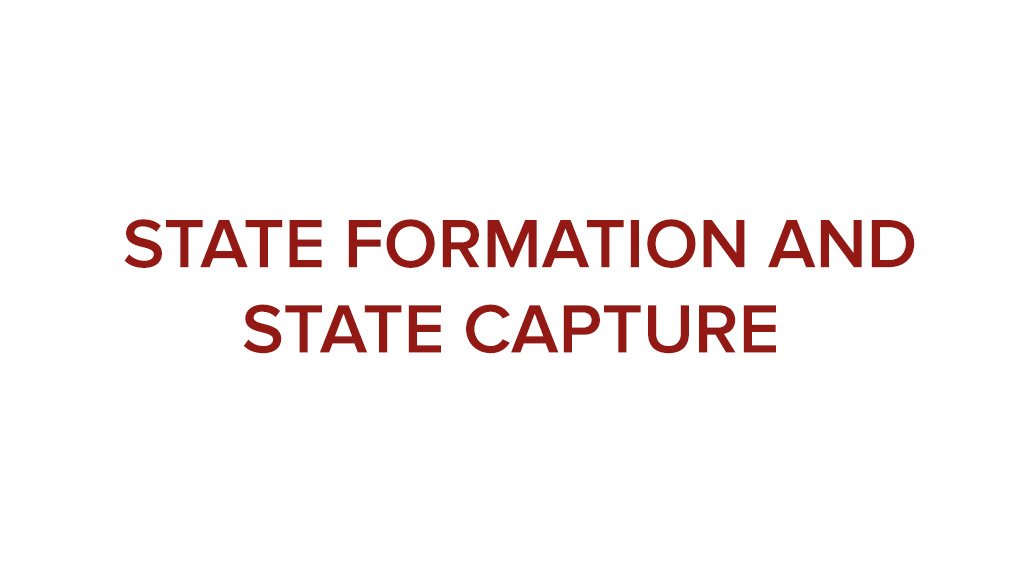- Tshisimani Lecture on State Formation and State Capture0.63 MB
This presentation is on state formation and state capture in the South African setting by African National Congress National Executive Committee member Joel Netshitenzhe. The South African democratic movement inherited a state that it had to transform over time; at the same time as it used the same state to start implementing policies of change. Attached to this process was the danger of locking-in inherited bad habits, and tentativeness in reconfiguring the state to play a leadership role in directing economic development. Towards the end of its days, the apartheid state in South Africa had become deeply corrupt, including through sanctions-busting activities and the extra-judicial space it had accorded its security agencies. This broadly is what the liberation movement inherited; and in situations where transitions include the integration of old-order political and bureaucratic functionaries, the problem is multiplied many-fold.
All classes and strata as well as interest groups try all the time to influence state decisions in their own interest. They lobby, cajole and also campaign to influence public opinion. There is much policy contestation abroad, and business will always seek to assert its interests and use leverages it commands to attain its own objectives. So do other social actors, including the working class; and some may even try corruptly to purchase their way into favour, influence appointments and so on. This is par for the course; and it is definitely different from any of these players being the decision-makers as such.
The state has to work with business: Indeed, it is in the nature of the developmental state that it should continually interact with all social role-players and mobilise them behind a vision and strategy for growth and development. The state should indeed be embedded among business (and other sectors); but it should remain autonomous in terms of the content and processes of decision-making. Working with business should not translate into state actors working for, and at the instruction of, a particular business entity.
Lecture by African National Congress National Executive Committee member Joel Netshitenzhe
EMAIL THIS ARTICLE SAVE THIS ARTICLE
To subscribe email subscriptions@creamermedia.co.za or click here
To advertise email advertising@creamermedia.co.za or click here











